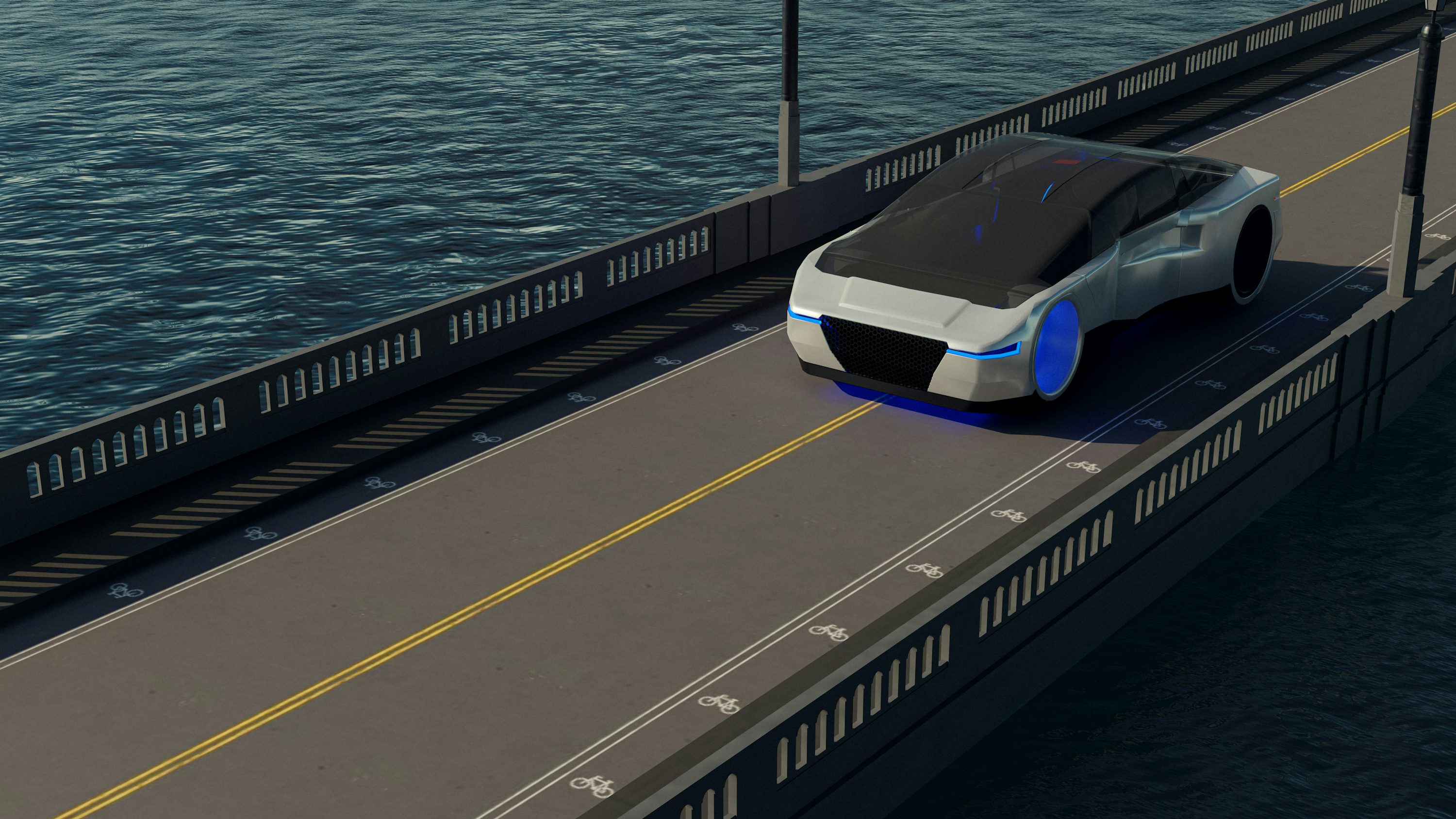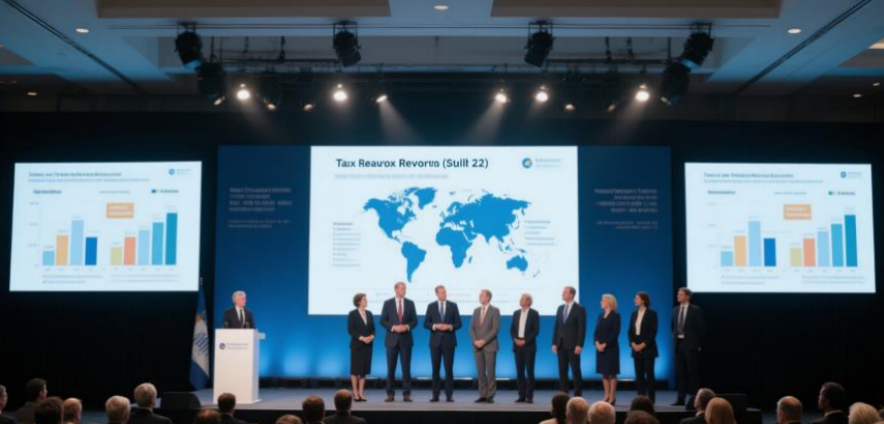With the rapid development of science and technology, intelligent transportation, like a bright new star, illuminates people's travel future. The road has gradually become "smart", and vehicles are carrying advanced intelligent systems. From the embryonic form of autonomous driving to the intelligent regulation of traffic management, every link of travel is undergoing profound changes. In this wave of intelligent transportation reform, insurance services are quietly expanding their own boundaries and exploring a road of "intelligent change" full of potential.

Traditional insurance services in the field of transportation, mostly focus on basic services such as vehicle accident claims, casualty protection, etc., as the cornerstone of stability and reliability, and build a protective wall for travel risks. However, with the rise of intelligent transportation, the forms of travel risks are becoming more and more complex and diverse. Although the automatic driving function can greatly reduce accidents caused by human error, new risks such as system failure and software loopholes have emerged. The deep interaction between vehicles, road facilities and cloud data makes data leakage and network security risks become the sword of Damocles hanging overhead; Even the intelligent regulation of traffic flow may cause the risk of chain reaction caused by local congestion due to algorithm deviation.
Insurance services have keenly captured these changes and began to make precise efforts to multiple subdivision scenarios of intelligent transportation. In the field of autonomous driving, insurance companies work closely with car companies to tailor differentiated insurance packages according to multi-dimensional factors such as vehicle autonomous driving level and technical stability. For self-driving vehicles that are in the testing stage and the technology is not mature, the insurance clauses mainly cover special risks such as accidental damage in the process of technology research and development and the safety of testers; For vehicles that have been put into commercial operation and have relatively mature technology, accurate pricing can be achieved through in-depth analysis of massive driving data, which not only protects the interests of car companies and users, but also encourages the continuous progress and safety optimization of technology.

Intelligent transportation infrastructure is also a key position for the expansion of insurance services. Those intelligent sensors and electronic identification systems all over the road are like the "neurons" of the traffic network, transmitting key information at all times. But at the same time, it also faces the risks of natural loss, man-made destruction and data transmission interruption. Insurance companies provide exclusive insurance schemes for these infrastructures to ensure that they can be quickly repaired when damaged, to ensure the smooth operation of intelligent transportation systems, to reduce large-scale traffic chaos caused by local failures, and to ensure the "smart artery" of urban traffic to be sustainable and smooth.
In terms of intelligent travel service platform, the tentacles of insurance services also extend here. For transportation service modes that rely on intelligent dispatching and online operation, such as online car sharing and car sharing, insurance products are no longer limited to the vehicles themselves, but include the travel safety of drivers and passengers, the risk of interruption of platform operation, and the privacy protection of user data. For example, provide an insurance package with comprehensive protection such as accidents by drivers and trip responsibilities for network car drivers, so that every smart trip has more peace of mind.

Looking forward to the future, with the continuous evolution of intelligent transportation, the expansion of insurance services in this field will be more in-depth and diversified. From the use of blockchain technology to realize the intelligent contract of insurance claims, improve the efficiency and transparency of claims; To use artificial intelligence algorithm to monitor the situation of vehicles and roads in real time, warn the risks in advance and dynamically adjust the insurance premium rate; Then deeply integrate into the intelligent transportation ecosystem, and cooperate with other intelligent transportation participants to build an all-round risk prevention and control and guarantee system. Insurance services will draw their own beautiful chapters in the grand blueprint of intelligent transportation, escorting people's every intelligent trip, making the future of scientific and technological innovation more stable and worry-free.

The secret for insurance companies to improve user experience through solving four aspects of proble

How to reasonably analyze and apply artificial intelligence to create more value for insurance compa

Overseas Travel Insurance: The "Invisible Guardian" of Your Life Journey

Does Renters Insurance Cover Bed Bugs?

Global Tax Reforms (Pillar Two): Impact on Insurance and Strategies for Adaptation

How to Catch Up on Retirement Savings? The Secret to Gaining Tens of Thousands Even After Age 50

How to reasonably analyze and apply artificial intelligence to create more value for insurance compa
